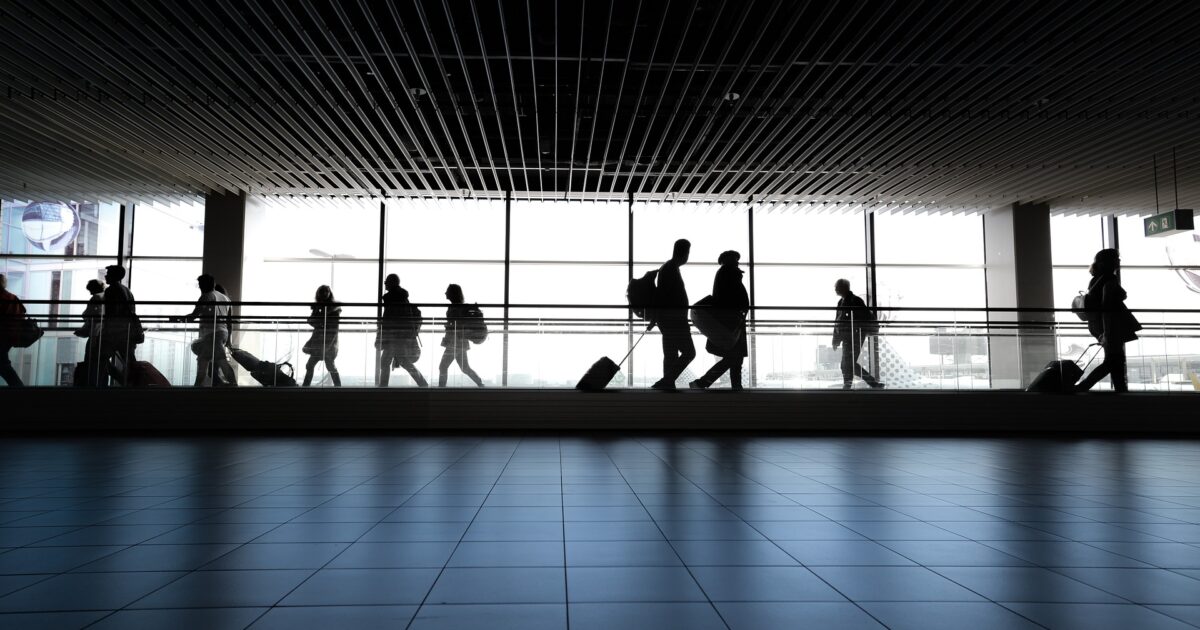Following the latest public health advice, Western Australia’s controlled interstate border will be adjusted, pending no further outbreaks, with travel from Queensland permitted from 12.01am, Monday, February 1 2021.
The transition for Queensland follows the latest public health advice and comes a week after the Chief Health Officer indicated that the unique situation in Queensland could allow for the State to transition to ‘very low risk’ from February 1.
Victoria will also be re-classified ‘very low risk’ from 12.01am, Friday, February 5, 2021, pending no further outbreaks.
Under the ‘very low risk’ category, safe travel is permitted into WA subject to the following updated conditions:
- completion of a G2G Pass declaration, stipulating they do not have any COVID-19 symptoms and which jurisdictions the traveller has been in over the previous 14 days;
- all Perth Airport arrivals to undergo a health screening and temperature test;
- travellers to be prepared to take a COVID-19 test at the airport COVID clinic, if deemed necessary by a health clinician (voluntary asymptomatic testing also available); and
- land arrivals to be met at the border checkpoint, for a health screening and to have their G2G Pass declaration checked.
Other jurisdictions currently in the ‘very low risk’ category include the Australian Capital Territory, Northern Territory, South Australia and Tasmania.
Victoria is set to achieve 28 days of no community cases during the week (if no cases are recorded up to and including February 2). The State Government always takes an extra cautious approach, and will wait until Friday to reclassify Victoria.
New South Wales remains at ‘low risk’ category, which means travel is permitted subject to strict conditions including 14 days of self-quarantine and COVID-19 testing.
The WA Chief Health Officer will continue to monitor and review border controls to determine if any further adjustments can be made in the future.
The controlled interstate border is enacted under the Emergency Management Act and failure to follow these directions will be enforceable by law, with penalties ranging from $1,000 infringements to up to $50,000 fines for individuals.


